On September 13, the US government made a new decision to increase taxes on electric vehicles and some imported goods from China.
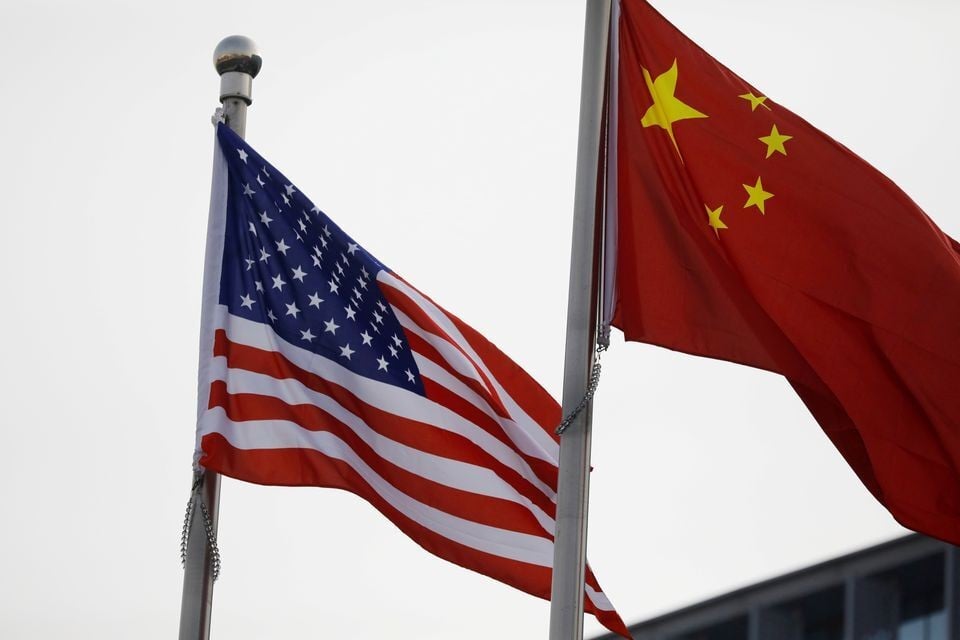 |
| US industry reacts to new tariffs on Chinese goods. (Source: Reuters) |
The decision marks the end of a more than two-year review of tariffs imposed by former President Donald Trump.
Specifically, Beijing's tax on electric vehicles will increase fourfold to 100%, the tax on lithium-ion batteries will increase from 7.5% to 25%. The tax on aluminum and steel products will also increase by 25%, from the current 0% to 7.5% on September 27.
In a statement on September 13, US Trade Representative Katherine Tai stated that the above tariff policy reflects the commitment of President Joe Biden and Vice President Kamala Harris to stand with workers and businesses of the world's largest economy .
Previously, in May 2024, the administration of President Joe Biden announced these tariffs with the intention of applying them from August 1, 2024.
However, this decision was postponed because the Office of the US Trade Representative (USTR) said that research, evaluation and public comments took longer than expected.
In an interview with Reuters , Lael Brainard, the White House's top economic adviser, said the new tariff decision was made to ensure that the Washington electric vehicle industry is able to diversify and not be dependent on Beijing's dominant supply chain.
"Such a tough, targeted tariff policy is necessary," Ms. Brainard asserted.
The decision immediately faced criticism from domestic US industries.
Some argue that the tariff hikes will disrupt supply chains, including for products that use a lot of semiconductors (chips), while doing little to stop technology transfers to China.
Jason Oxman, president of the American Information Technology Council, complained that since the implementation of harsh tax policies, the total damage suffered by American businesses and consumers is estimated to be up to 221 billion USD.
“Once again the White House is relying on crude and ineffective tariff tools, without any necessary support for the domestic business community,” he said.
The White House's move to impose higher tariffs comes as the US election race enters its final stages.
Both presidential candidates, Vice President Kamala Harris and Donald Trump, are trying to attract voters in states considered "headquarters" of industrial activities, such as auto and steel manufacturing.
Source: https://baoquocte.vn/bau-cu-my-vao-giai-doan-nuoc-rut-washington-tung-don-moi-voi-trung-quoc-doanh-nghiep-cong-nghe-day-song-286293.html








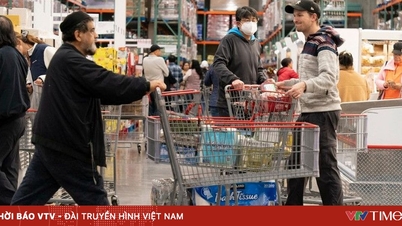


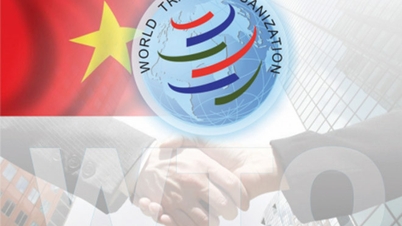

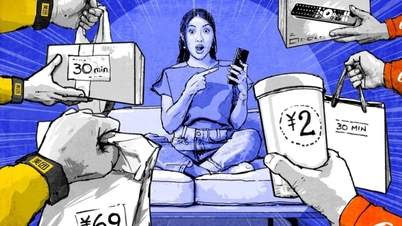


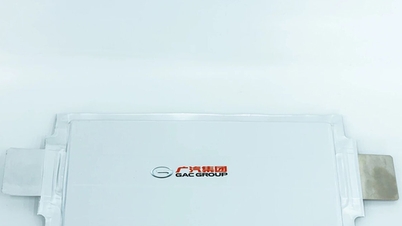

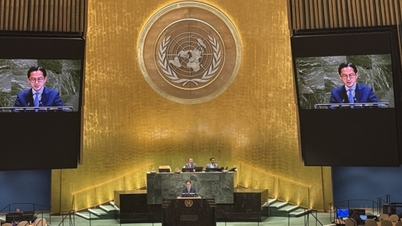









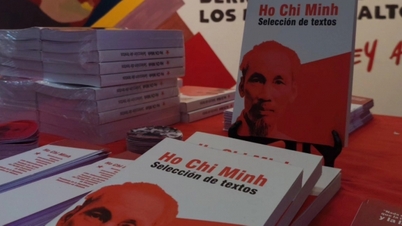
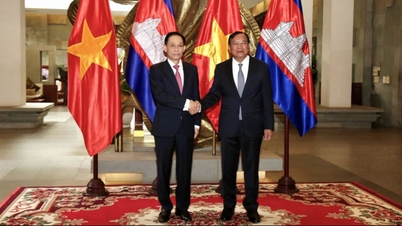
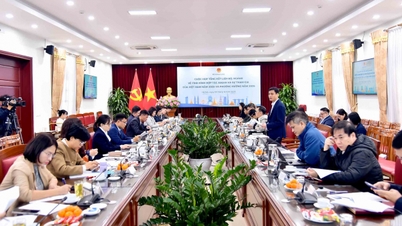








![[Video] The craft of making Dong Ho folk paintings has been inscribed by UNESCO on the List of Crafts in Need of Urgent Safeguarding.](https://vphoto.vietnam.vn/thumb/402x226/vietnam/resource/IMAGE/2025/12/10/1765350246533_tranh-dong-ho-734-jpg.webp)



































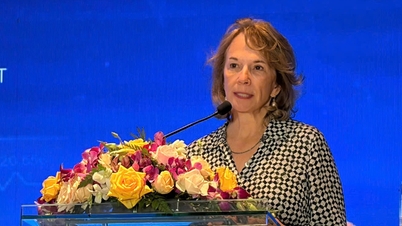


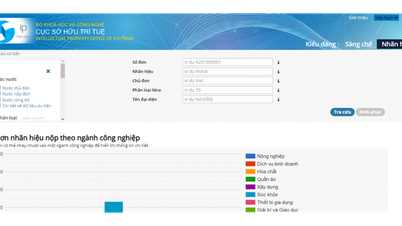

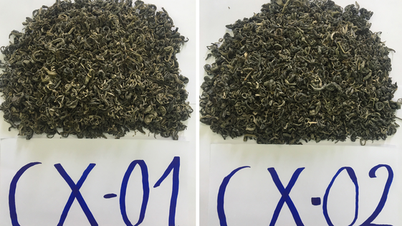
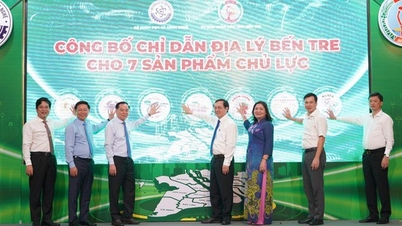


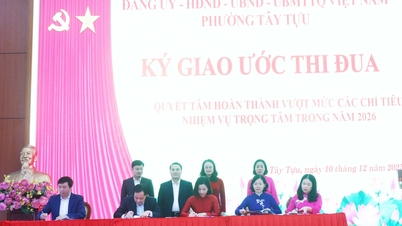
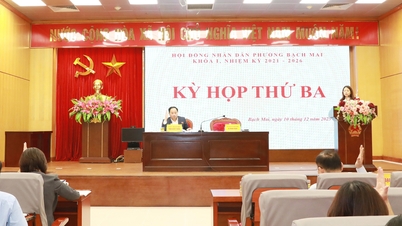





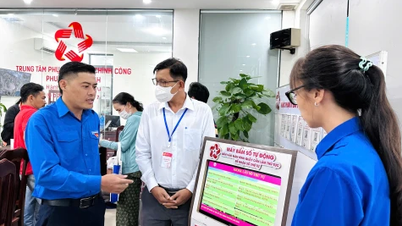


















Comment (0)